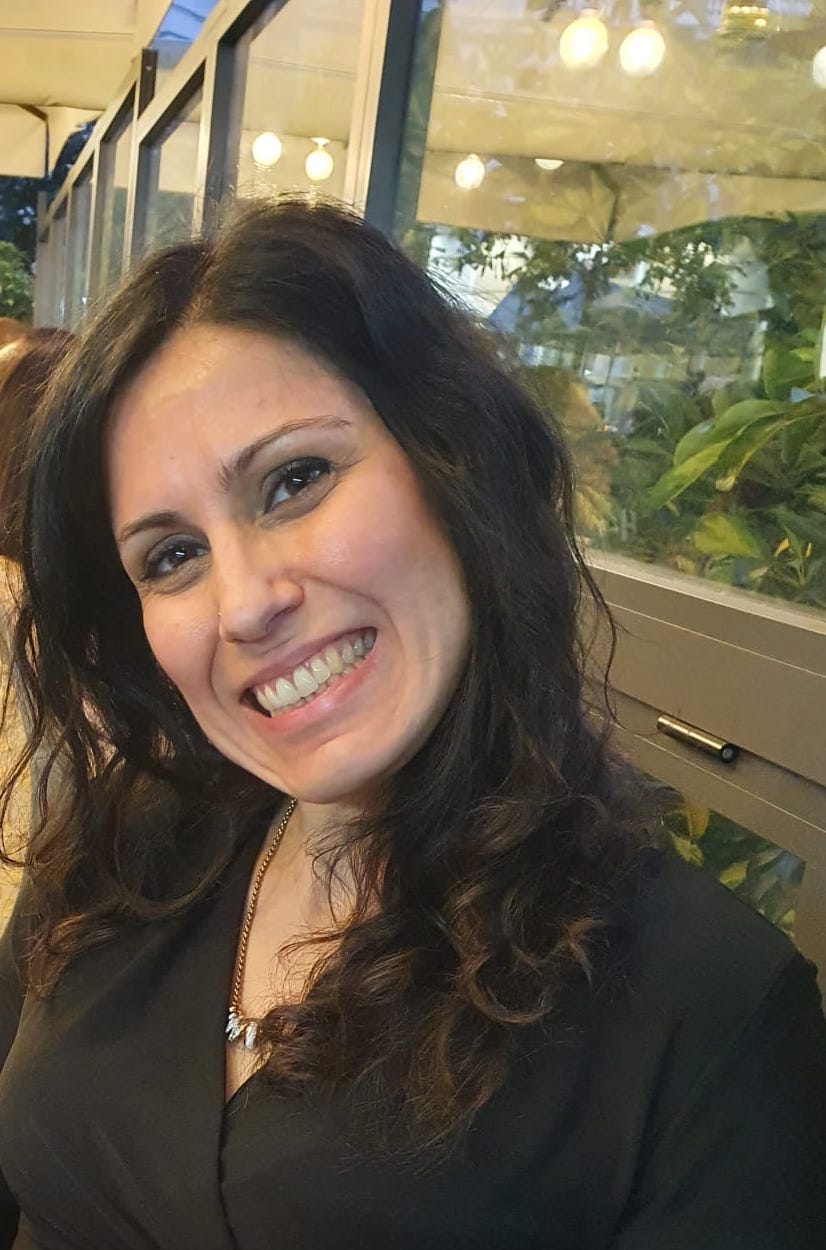 Researcher
Researcher
Biology and Evolution of Marine Organisms Department
Stazione Zoologica Anton Dohrn Villa Comunale
80121 Napoli - Italia
E-mail: This email address is being protected from spambots. You need JavaScript enabled to view it.
Contatto Skype: susy_liberti
Google scholar:
https://scholar.google.com/citations?user=3Mcqp7gAAAAJ&hl=it&oi=ao
Research Intersts
I study the symbiosis between animal (host) and microorganisms, with a focus on the association found at the level of the gastrointestinal tract of marine invertebrates, and the host-microorganism interactions that are key elements for the host's physiology, development and functioning of this organ with implications for the immune system of the whole organism. My interest is particularly focused on the immune system which - together with the enteric nervous system - is responsible for the interaction and integration of signals between the host and the external environment (biotic and/or abiotic), generating a homeostatic state; the deregulation of this homeostasis is the basis of various gastric and nervous system diseases. The research activities in which I am involved pursue approaches in cellular and molecular biology, organismal physiology, developmental biology, microbiology and immunology. I am interested in studying the evolutionarily conserved processes that govern these interactions (and their effect on host physiology) or in highlighting species-specific features believed to underlie the evolution of physiological complexity in vertebrates, for example the development of the adaptive immune system. These investigations make the foundation for ecological and translational studies, allowing to investigate the effect of environmental changes or specific treatments on the beneficial microbial community and the consequent effect on the physiology and health of marine invertebrates.
Selected Publications
Dishaw L.J., Litman G.W., Liberti A. Tethering of soluble immune effectors to mucin and chitin reflects a convergent and dynamic role in gut immunity. Philosophical Transactions of the Royal Society B. in press.
Annona G., Liberti A., Pollastro C., Spagnuolo A., Sordino P., De Luca P. Reaping the benefits of liquid handlers for high-throughput gene expression profiling in a marine model invertebrate. BMC Biotechnology. 2024;24(1):4.; doi: doi: 10.1186/s12896- 024-00831-y.
Liberti A., Pollastro C., Pinto G., Illiano A., Marino R., Amoresano A., et al. Transcriptional and proteomic analysis of the innate immune response to microbial stimuli in a model invertebrate chordate. Front Immunol. 2023;14:1217077; doi: 10.3389/fimmu.2023.1217077.
Liberti A., Natarajan O,. Atkinson C.G.F., Dishaw L.J. Secreted immunoglobulin domain effector molecules of invertebrates and management of gut microbial ecology. Immunogenetics. 2022;74(1):99-109; doi: 10.1007/s00251-021-01237-2.
Liberti A., Natarajan O., Atkinson C.G.F,. Sordino P., Dishaw L.J. Reflections on the Use of an Invertebrate Chordate Model System for Studies of Gut Microbial Immune Interactions. Front Immunol. 2021;12:642687; doi: 10.3389/fimmu.2021.642687.
Liberti A, Bertocci I, Pollet A, Musco L, Locascio A, Ristoratore F, et al. An indoor study of the combined effect of industrial pollution and turbulence events on the gut environment in a marine invertebrate. Mar Environ Res. 2020;158:104950; doi: 10.1016/j.marenvres.2020.104950.
Liberti A, Cannon JP, Litman GW, Dishaw LJ. A Soluble Immune Effector Binds Both Fungi and Bacteria via Separate Functional Domains. Front Immunol. 2019;10:369; doi: 10.3389/fimmu.2019.00369.
Liberti A., Zucchetti I., Melillo D., Skapura D., Shibata Y., De Santis R., et al. Chitin protects the gut epithelial barrier in a protochordate model of DSS-induced colitis. Biol Open. 2018;7(1); doi: 10.1242/bio.029355.
Leigh B.A., Liberti A., Dishaw L.J. Generation of Germ-Free Ciona intestinalis for Studies of Gut-Microbe Interactions. Front Microbiol. 2016;7:2092; doi: 10.3389/fmicb.2016.02092.
Dishaw L.J., Leigh B., Cannon J.P., Liberti A., Mueller M.G., Skapura D.P., et al. Gut immunity in a protochordate involves a secreted immunoglobulin-type mediator binding host chitin and bacteria. Nat Commun. 2016;7:10617; doi: 10.1038/ncomms10617.










